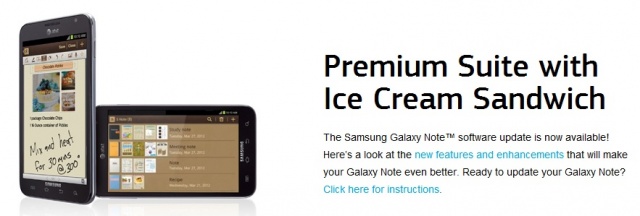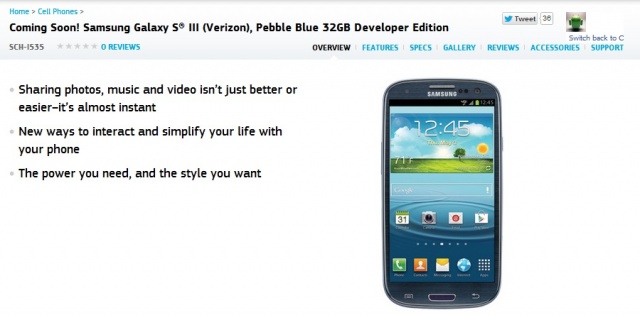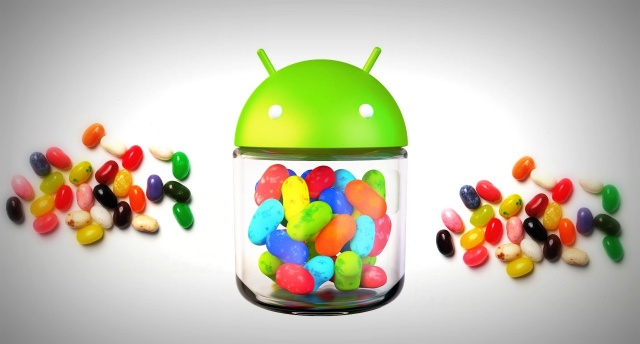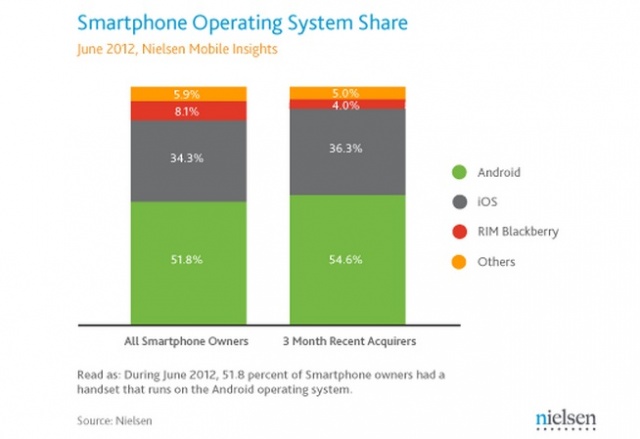The device that coined the term “phablet” is officially on its way to T-Mobile. The 5+” Samsung Galaxy Note will be available from T-Mobile in “coming weeks” and will launch with Android 4.0 Ice Cream Sandwich and Samsung’s Premium Suite. The Galaxy Note has risen above ridicule to become a top selling Samsung device that will soon have T-Mobile customers clamoring for a stylus.
Now here’s something to get excited about. A landing page has gone up for the Verizon Galaxy S III “Developer Edition.” It’s a 32GB, Pebble Blue Verizon Samsung Galaxy S III that comes with a special treat: an unlockable bootloader! At this point in the game, an unlocked Samsung Galaxy S III is as sweet as it gets.
You might want to hold off on the sexting via Skype for a bit, as Skype has acknowledge a “rare” bug, which according to complaints on Skype support, appears to send messages to unintended contacts. The Skype team has already responded and plans on pushing out a fix soon.
“We are aware that in rare circumstances IM’s between two contacts could be sent to an unintended third contact. We are rolling out a fix for this issue in the next few days and will notify our users to download an updated version of Skype.”
In celebration of Nexus 7 shipments, Google has posted the full changelog of Android 4.1 to show us just how sweet their latest iteration of Android is. This way when someone asks you, “what’s different in Android 4.1?”, you’ll have an arsenal of bullet points to toss at them. Everything from the buttery smooth performance to Google Now is can be found in the long list of improvements. Now all we need is for the manufacturers and carriers to get moving on pushing this sweet treat out (yea, I know — we’re still waiting on ICS).
No surprises as the latest Nielsen numbers show Android and iOS leading U.S. smartphone market share. Both operating systems continue to gain at the expense of RIM — who has all but fallen into the “Other” category. Speaking of the “Other” category: Windows mobile, Windows 7, Symbian, and Palm/WebOS were all grouped together, combining for a measly 5.9% market share.







